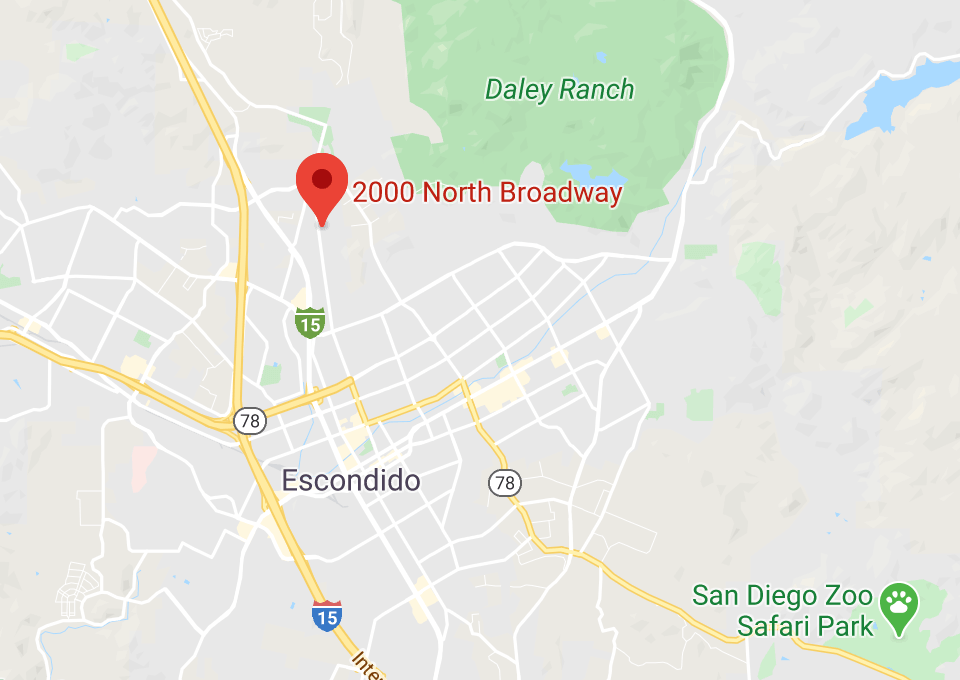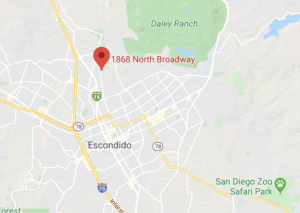“Why would it tell me I’m musically intelligent, I can’t play any instruments,” one student complained, copying down the results of the test I had just made the class take.
Psychology is the study of the mind and behavior, and his mind was not yet recognizing things about his behavior I had noticed almost as soon as I had met him; though he could not play an instrument, music affects him in ways a lot of people might not understand. What music I like is one of the first questions he ever asked me, because it is important to him. Recognizing his affinity for music might help him better know himself and use his gifts and abilities to aid his learning and further God’s kingdom.

The test we were taking was Howard Gardner’s multiple intelligences test, which separates “smart” into eight different types: visual/spatial, mathematical/logical, verbal/linguistic, interpersonal, intrapersonal, kinesthetic, musical, and naturalistic This test always makes me think of the quip often attributed to Einstein, “Everybody is a genius, but if you judge a fish by its ability to climb a tree it will live its whole life believing it is stupid.” IQ tests, standardized tests, and most school tests focus on analytical learning. The linguistically strong and logically gifted mathematics students both score well, whereas those with an innate understanding of nature, or those who are good at working with their hands, might not make a strong showing.
As a teacher, coming up with ways to engage all of these types of learners is a daily challenge. Putting too much emphasis on group work might cause the interpersonal learners to thrive, but overwhelm an intrapersonal learner, who needs more time to assimilate what is being discussed into their own personal schema. Naturalistic learners may love reading Rip Van Winkle outside to get the feel of the fresh morning air Rip awoke to after all those years, but the mathematical learner might rue the additional distraction when reading and comprehending large amounts of words are already not their forte.
I hope the assignment I gave at the end of the lesson, to think of multiple methods to teach a chapter in the book to several different learning types, will serve three purposes. One, I hope they recognized that God made them unique as they reflect on which activities they have found meaningful in the past. Being aware of how God has specially gifted them may help them determine where God can use their abilities to serve those around them. Secondly, I hope they learn to appreciate and respect their fellow students more: the student who is slow at reading may be able to remember positions on a map that take them hours to memorize, the student who makes them feel bad because they finish a reading that would take them two hours in two minutes might be able to benefit from their help in choir or band. We as a school, though different from the church, are still a body with many parts. Recognizing the value of what each person offers is good practice as citizens of Heaven and helps us recognize the genius of the God who created each person differently. Lastly, I hope thinking about the way I design classes every day teaches them how to learn. I can teach students any number of facts that they will promptly forget, but recognizing and being able to articulate what methods work best for them may help them play to their strengths when they study. The beauty of teaching in a community where I can know my students individually is the blessing it is to see them grow to a deeper knowledge of themselves, their Creator, and become lifelong learners.



